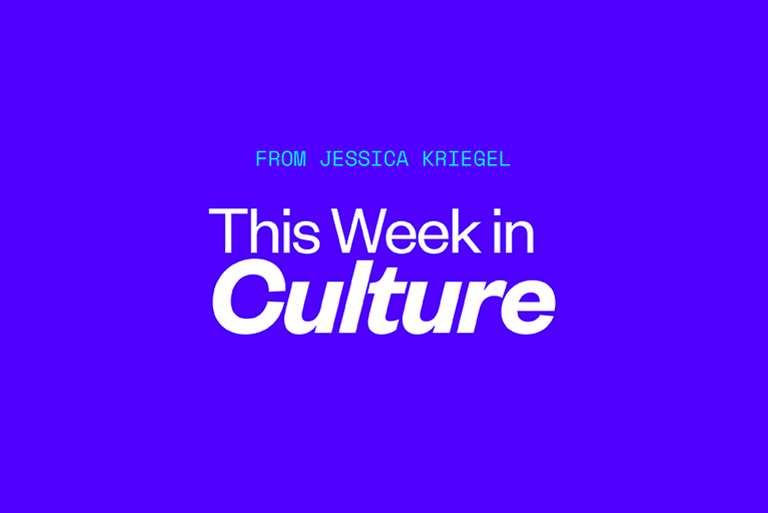Johnny C. Taylor, Jr., SHRM-SCP, CEO of SHRM, just dropped a bombshell: SHRM is removing ‘Equity’ from Diversity, Equity, and Inclusion (DEI). Announced on Black Women’s Equity Payday, no less. The HR world is buzzing with reactions—people on LinkedIn are outraged, questioning if SHRM even cares about people anymore.
But here’s my hot take: This isn’t about abandoning equity. It’s about being more strategic about equity. Taylor isn’t turning his back on equity, he’s trying to make DEI actually work and he’s being smart about it.
Right now, DEI is a mess. People hear DEI and think affirmative action. Kamala Harris is being referred to as a DEI hire. They don’t mean she cares about equity, they mean she’s black and a woman. That’s bigotry but I digress.
Taylor’s move is a rebrand; an effort to make DEI great again. And guess what? HR professionals who are freaking out are showing their cards—they don’t get the broader business dynamics at play here. They need to zoom out and understand the context. Leaders are focused on results and DEI has become a distraction from results. That means it is dying a slow death. It literally does not matter that numerous studies, including ours, have shown that diversity drives results- if leaders don’t believe it, it is going nowhere.
There is even a petition for “HR Voices Opposing SHRM” that cites SHRM has a become too pro-business. Let me tell you HR, for a department that has spent years trying to get a seat at the table, you’re doing it wrong. You cannot be pro-employee but anti-business. Employees without business are just people without jobs.
SHRM has made a smart play. And the move will ultimately elevate DEI efforts in my opinion, ironically enough.
In my conversation on today’s episode of Culture Leaders Daily with John Frehse, he made a strong point: “Taking the ‘E’ out is de-risking diversity. Diversity? Great—more brains, better solutions. Inclusion? Absolutely—everyone should feel they belong. But equity? That’s a minefield. It’s subjective, involves math, and it’s a disaster waiting to happen in a public market.”
Taylor is advocating to start by leading with inclusion. Granite Construction figured this out over a year ago. They rebranded DEI internally to “inclusive diversity” because DEI sounded like it excluded white men. Inclusive diversity? Everyone feels part of that.
This move isn’t about excluding anyone. It’s about getting everyone on board. “DEI was about ‘those people,’” says Frehse. “Inclusion is about all of us.” It’s a pragmatic, inclusive approach, aiming to bring everyone under the same tent.
Taylor’s move might be controversial, but it’s strategic. SHRM’s focus on inclusion is about driving real results. The DEI landscape is changing, and companies must adapt to remain effective. We’re failing at DEI right now, so it’s time for a new strategy. Nail inclusion first, then graduate to equity.
This isn’t about giving up on equity—it’s about getting DEI right. This shift could also have financial benefits for companies. By focusing on inclusion and driving real results, organizations can create a more cohesive, productive work environment, ultimately boosting their bottom line.
Check out more from John Frehse’s and I conversation here.
Apple Podcasts: https://podcasts.apple.com/us/podcast/culture-leaders-the-masters-behind-movements/id1725350421
Spotify: https://open.spotify.com/show/4yVjpAE4wriZkf3TkiRwZY
Elsewhere In Culture
Well, Zoom is going back into the office…feels like an oxymoron, huh?
The biggest irony, however, is that the CPO went on a press tour about why – but he’s exempt from the policy. He’s working from home, folks!
Why Zoom—yes, Zoom—went back to in-person work, according to its chief people officer
Once the emblem of remote work during the pandemic, Zoom’s decision to mandate in-person days for local employees seems almost hypocritical. However, Matthew Saxon, Zoom’s Chief People Officer, offers a compelling rationale. He asserts that true customer-centricity requires a deep understanding of various work environments, which is challenging if the majority of your workforce is always remote. By bringing employees back into the office, Zoom aims to enhance its product offerings to better meet the diverse needs of its clientele. This bold move highlights an essential point: thriving in today’s work landscape often necessitates a blend of remote and in-person interactions to foster innovation and collaboration.
But it probably stings a bit for the people at Zoom who don’t want to be forced into the office. And I wouldn’t want to be Saxon making that announcement then being quoted in Fortune as saying, “I think I can manage people at Zoom effectively while working fully remotely.” Must be nice!
L.A. Olympic organizers about to face their toughest task: Delivering on promises
As the countdown to the 2028 Summer Olympics in Los Angeles progresses, the LA28 organizing committee faces the immense challenge of delivering on its promises. This pivotal phase of execution highlights the importance of workplace culture and accountability. Just as in any organization, the ability to meet deadlines, manage budgets, and make critical decisions relies heavily on a strong culture that fosters responsibility and collaboration. The transition from the initial excitement of winning the bid to the rigorous demands of actual implementation mirrors the challenges companies face when moving from strategic planning to operational execution. It’s during these times that the true strength of an organization’s culture is tested.
For LA28, the pressure to achieve milestones and manage a $7 billion budget emphasizes the necessity for accountability at all levels. The recent leadership changes, including the appointment of Reynold Hoover, underscore the need for clear direction and robust oversight. Similarly, in any workplace, effective leadership is crucial for maintaining morale and ensuring that teams remain focused and motivated. The committee’s ongoing negotiations with various cities to secure venues and reimbursements reflect the broader organizational need for transparent and accountable processes. By fostering a culture of accountability and continuous improvement, LA28 can navigate these complexities and fulfill its vision, much like how businesses must adapt and uphold their commitments to achieve long-term success.

